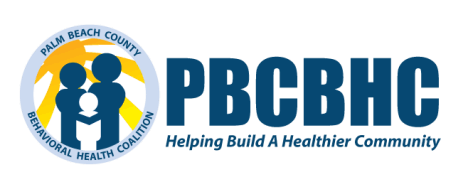
Building a Healthier Community
Our new website is on its way! Soon, you’ll have access to resources, insights, and support to help strengthen behavioral health in our community. Stay tuned for updates as we work to empower individuals and families with the tools they need for a brighter future.
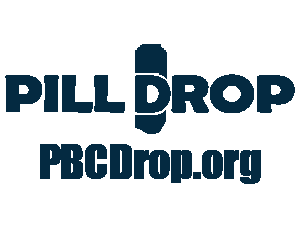
PBCBHC coordinates drop-off locations across Palm Beach County for safe disposal of unwanted prescription medications. In addition, we host TakeBack Day, an annual event that engages the community to collect even more unused medications. During the 2024 TakeBack Day, we successfully collected 116.2 pounds of prescription pills.
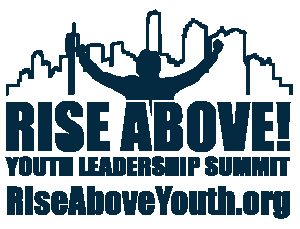
This free, educational summit is tailored for local teens, featuring expert speakers who promote substance prevention and mental health awareness. The summit empowers young attendees with knowledge and tools to lead healthier lives.
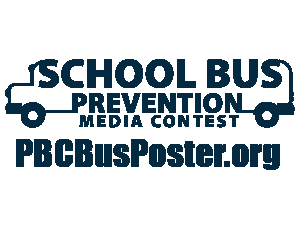
Each year, PBCBHC hosts the School Bus Drug Prevention Media Contest, inviting students from kindergarten through 12th grade in Palm Beach County to showcase their creativity. Participants submit original works—ranging from art and video to dance—that convey a powerful substance-prevention message. Winners are awarded prizes, including a $1,000 scholarship. Poster category winners also have the honor of displaying their art on all Palm Beach County public school buses.
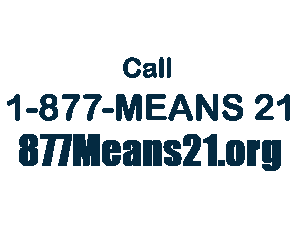
The 877 Means 21 tip line is a community resource aimed at reducing underage drinking in Palm Beach County. Residents can anonymously report individuals who sell, buy, or provide alcohol to those under 21.
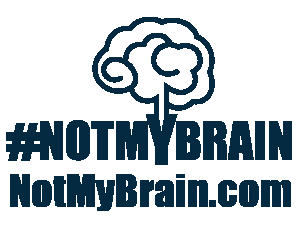
This campaign raises awareness about the effects of substance use on adolescent brain development, empowering youth and parents with vital education on how to protect young minds.
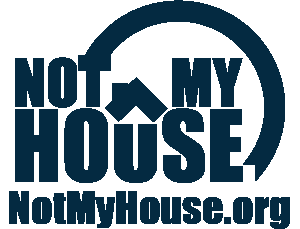
The Not My House campaign educates parents in Palm Beach County about the legal and social consequences of allowing underage drinking in their homes. Parents are encouraged to sign a pledge, committing to not provide alcohol to teens or permit underage drinking in their homes.
Our Mission
Our Vision
The Palm Beach County Behavioral Health Coalition, comprised of members from private and public organizations, plus concerned citizens, working together on community efforts to create and facilitate an environmental shift where children learn skills to help them successfully address adverse experiences, shed the stigma of mental health issues and grow up drug and alcohol free.
© 2025 PBCBHC. All Rights Reserved.